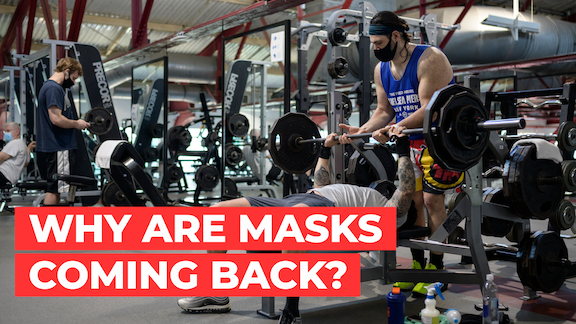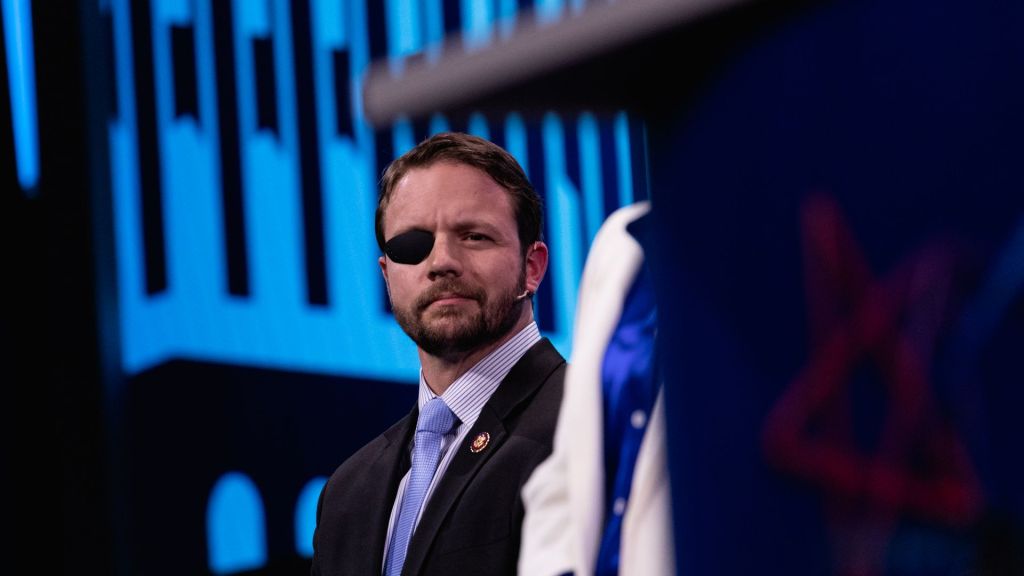
Gwen: Okay, so I’m joined right now with Anne Sosin, you are you specialize in public health. And today, I kind of want to talk with you about COVID-19. And wearing mass or mass coming back now that we have this delta variant that just keeps spreading faster and faster across the US.
Anne: So the reason that we’re starting to think about having everyone mask, again, his resources, because we’re seeing that the Delta variant spreads so easily, and that vaccinated people are playing some role in transmission, we’re still learning more about the Delta variants. But what we know right now is that vaccines are highly effective in preventing against severe illness, and deaths. What we’re also learning, though, is that we’re seeing more people getting infected with that variant, and we are understanding right now is that those people can transmit to others, especially the unvaccinated and those who can’t benefit fully from vaccination. And so that’s why we’re starting to think about whether it makes sense in some contexts to have everyone start to mask up again.
Gwen: Well, and I think when people first started getting their vaccines, there was a bit of confusion whether or not you got the vaccine, and it was this quick fix, you didn’t have to worry about COVID anymore, but that really we’ve learned with the Delta variant is not the case.
Anne: It’s it’s not the cases we know right now. And you know, our understanding of this virus continues to evolve. When we first started vaccinating people, we didn’t know how much vaccination would protect against transmission. And we know vaccines were believed to be very effective, or at reducing transmission, we still think that vaccines reduced transmission against the Delta variants. But it looks like that’s less the case right now. And again, our understanding, you know, is evolves every, every day as more information comes out. Yeah.
Gwen: And at the beginning of the pandemic, I mean, we had some cities and states that didn’t have mass mandates at all, even when we were kind of in the thick of the pandemic. Now, we have some really big cities like Los Angeles, who are doing this, do you expect more cities, especially the bigger ones to start adding this?
Anne: I expect more cities to start adding it, especially those cities that are seeing rapid increases in cases, some states never adopted mandates, and I really don’t expect those places to adopt them. Now, unfortunately, the places that are seeing the largest surges are really unlikely will unlikely to institute mask mandates or other restrictions. But I do think that we need to start rethinking what is our guidance look like?
Anne: And do we need guidance to set policy at state level are really to shape individual behavior and I make the argument that we really need the CDC to start putting out policy guidance and not simply individual recommendations. I think that’s one of one of the critiques that I would offer to the decision earlier, to roll back the earlier guidance that was in place.
Anne: You know, I’m speaking to you today from Vermont, which has the country’s highest rate of vaccination, and we’re still seeing very low rates of transmission. And so in a setting like four months, it might not make sense to return to Universal masking. That said, we also want to think about what are the specific settings are we concentrate large numbers of unvaccinated people and really need to have more targeted mandates in place, I think it makes sense to have masking in schools because most of children have not are not yet eligible.
Anne: I think there also might be places where unvaccinated people or those who are immune, immunocompromised and can’t benefit from the full protection of vaccines are working or spending a lot of time and in those particular environments, we probably want to think about how can we better how can we protect these people that, you know, it’s not for those essential workers and others who are in very high risk settings. It’s not their choice to expose themselves to the virus, if you know if they’re vaccinated and still are not fully protected. And so, there, you know, I think we need to, we need to think about some of the complexities of how do we approach this at this point.
Gwen: I want to thank you so much for your time.
Anne: Thank you. I hope this was helpful.









